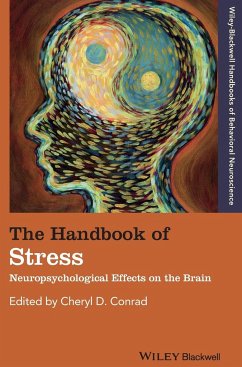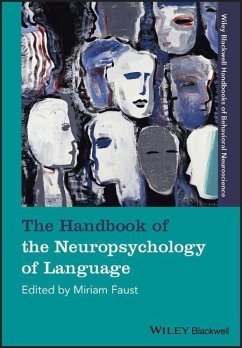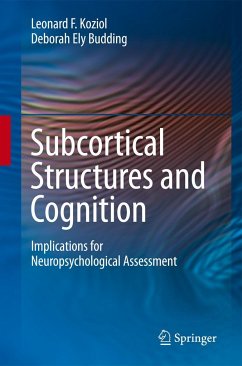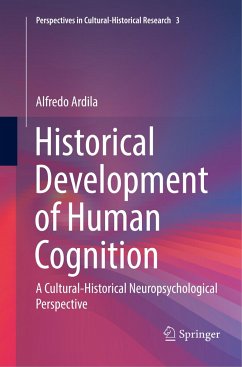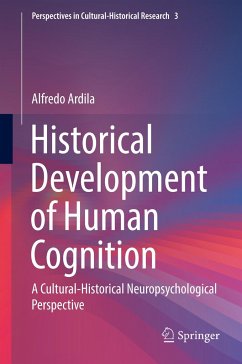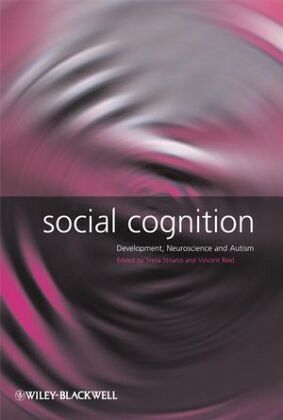
Social Cognition
Development, Neuroscience and Autism
Herausgegeben: Striano, Tricia; Reid, Vincent
Versandkostenfrei!
Versandfertig in über 4 Wochen
113,99 €
inkl. MwSt.

PAYBACK Punkte
57 °P sammeln!
How we perceive and interpret the actions of others is crucial ifwe are to develop into healthy adults. It has even been argued thata lack of social cognitive skills lays a strong foundation for avariety of atypical developmental disorders, includingautism.
Für die Wissenschaft der sozialen Wahrnehmung vereint dieses Werk die Teilaspekte der Entwicklungspsychologie, der Neurowissenschaft und des Autismus und vermittelt einen Überblick über die neuesten Forschungsergebnisse.



